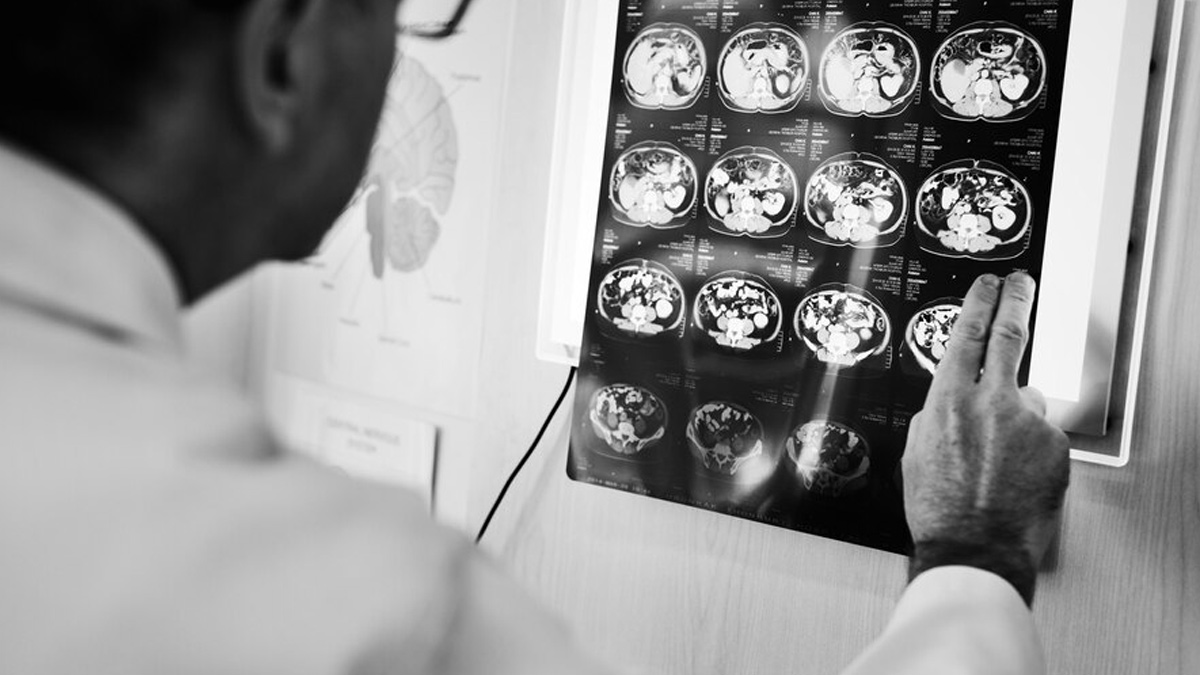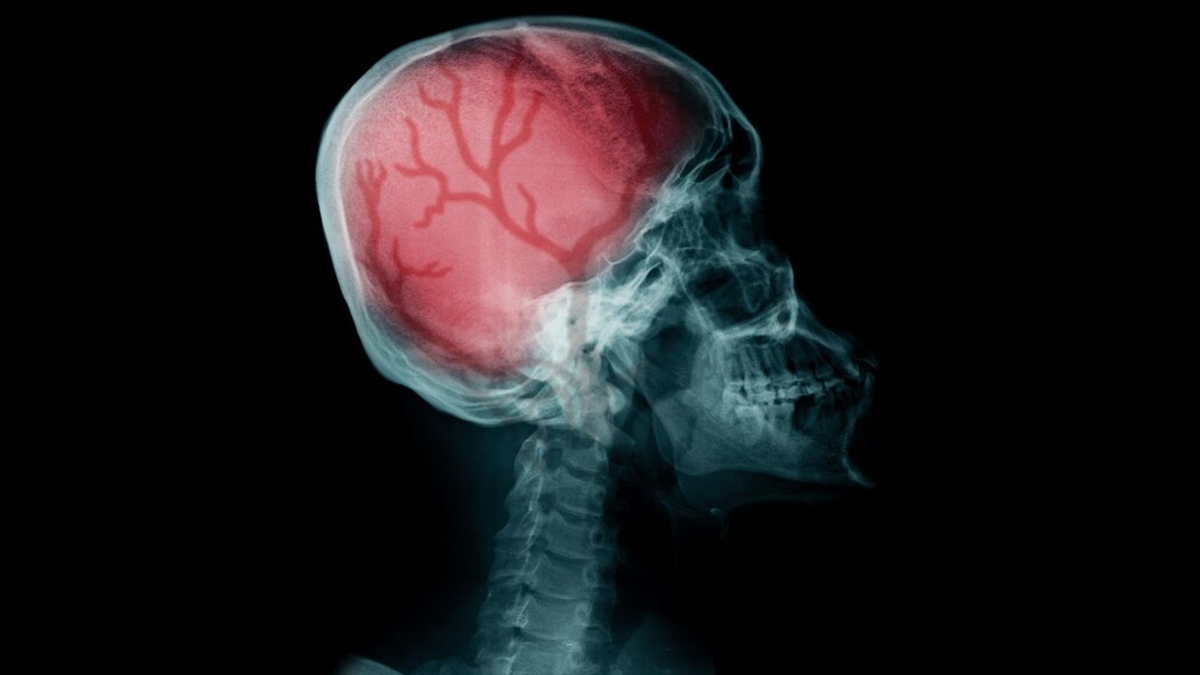
The brain is the most essential organ of our body and is also the most fragile and complex. That is why head traumas should not be taken lightly and should be looked at by a credible doctor promptly. Timely intervention can help prevent serious brain damage and be life-saving.
Table of Content:-
However, the exact way the brain functions is still very much a mystery. There are numerous cases in which people sought timely treatment after a head injury and even recovered post-surgery. Yet, they experienced after-effects for the rest of their life or their brain injury relapsed. To understand this phenomenon, the OnlyMyHealth team spoke to Dr Gaurav Tyagi, Consultant-Neurosurgery, Indraprastha Apollo Hospitals, New Delhi.
Can Brain Injury Relapse?
According to a study published in the British Medical Journal (BMJ) that looked at 418 patients with brain injury, 10-20 years after their first assessment, saw that twice as many patients had deteriorated over time compared to those who had fully recovered.
Explaining the probable cause, Dr Tyagi said, “The problem with brain injury is that the neurons do not recover or regenerate. So, the part of the brain that was damaged suffers a lasting or in some cases, permanent deficit. It depends on what area of the brain was involved in the injury.”
He listed some of the long-lasting effects of brain injury or the signs that show your injury has relapsed:
- Some patients may develop permanent weakness in their arms or their legs.
- Patients could experience cognitive difficulties like memory deficits, attention issues, and mood regulation difficulties.
- If the injury is due to a foreign object breaching the skull and the tissues, then it increases the risk of severe infection later in life.
- Traumatic brain injuries also increase the risk of long-term psychiatric disorders like depression, anxiety, and substance misuse.
Also Read: World Head Injury Awareness Day: Expert Shares Why Mild Head Injuries Should Be Taken Seriously

Behavioural Changes After Brain Injury
One major side effect of suffering from a traumatic brain injury is a drastic change in the patient's emotions and usual behaviour, You must have heard stories of someone who had an accident and hit their head, and their personality has never been the same again.
Dr Tyagi highlighted that this is a common occurrence after severe head trauma, “Behavioral changes are quite common after a head injury. It is common for people to develop memory-related issues and attention issues, or they may have issues going back to work.”
“People may have difficulties in their relationships as well. People may become emotionally detached if their temporal lobe is injured. People often start behaving differently after they leave the ICU. So the family sometimes face difficulty adjusting to such a person,” he added.
Dr Tyagi urged that because of these reasons, there needs to be a longer follow-up, a resilient support system, and psychiatric evaluation for people who suffered a traumatic brain injury.
Also Read: Sleep Is Necessary For Brain Injury Patients To Prevent Dementia: Study

Preventing Severe Head Trauma
Ending his note on an age-old adage, Dr Tyagi said, “Prevention is better than cure, and for head trauma, time is brain.” He encouraged everyone to abide by traffic rules, wear good quality helmets when on a two-wheeler, avoid alcohol before driving, not skip traffic lights, avoid speeding at all costs, and seek prompt medical care following an accident. Ultimately, it's important to recognise the lifelong journey faced by traumatic brain injury survivors and understand their perspectives, so we can learn from them and exercise caution.
Also watch this video
How we keep this article up to date:
We work with experts and keep a close eye on the latest in health and wellness. Whenever there is a new research or helpful information, we update our articles with accurate and useful advice.
Current Version
